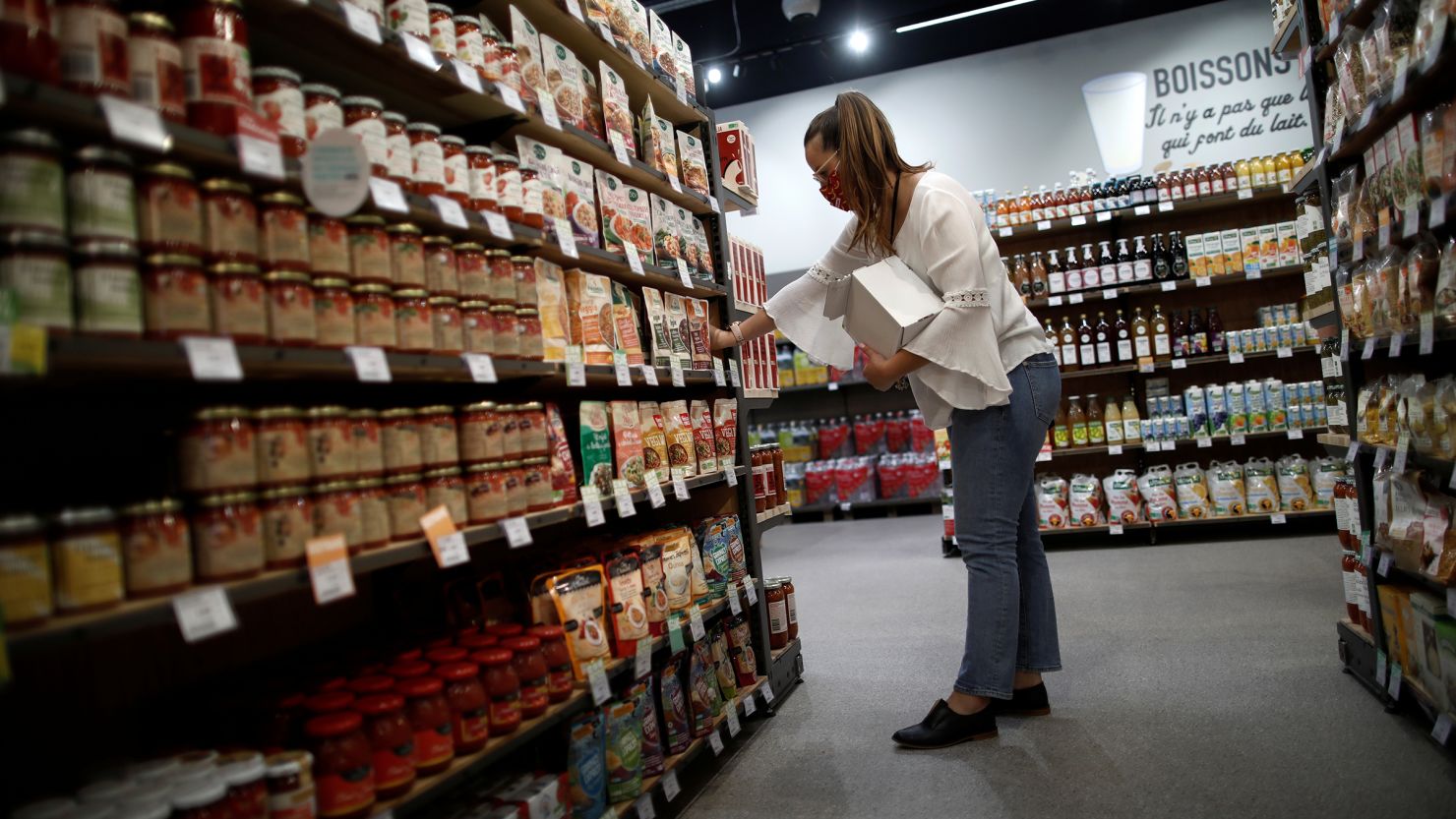In a striking move, the European Union has called on its citizens to prepare for potential crises by stockpiling essential supplies for at least 72 hours.
The guidance, issued by the EU Commission on March 26, marks a clear shift towards fostering a culture of “preparedness” and “resilience” amid growing geopolitical risks.
The Commission’s 18-page document highlights increasing uncertainties in Europe, citing the ongoing war in Ukraine, rising tensions with Russia, and the escalating threat of cyberattacks and sabotage of critical infrastructure.
These dangers have prompted EU leaders to reconsider Europe’s security strategy and take proactive steps to ensure that citizens are ready for emergencies.
The new initiative encourages Europeans to adopt practical measures to ensure they can withstand the initial stages of a crisis, a period that could be critical.
According to the Commission, having enough food, water, and other essential supplies for a minimum of three days will allow citizens to manage if disruptions occur.

“In the case of extreme disruptions, the initial period is the most critical,” the document states, urging people to prepare for potential shortages or disruptions in daily life.
The guidance emphasizes the importance of self-reliance and psychological resilience, encouraging citizens to not only stockpile supplies but also be mentally prepared for uncertainty.
The Commission also proposes including “preparedness” lessons in school curricula, aiming to teach younger generations how to handle crises, fight disinformation, and adapt to new challenges.
Ursula von der Leyen, President of the European Commission, stressed the importance of adapting to new realities.
“Our citizens, our Member States, and our businesses need the right tools to act both to prevent crises and to react swiftly when a disaster hits,” she stated.















